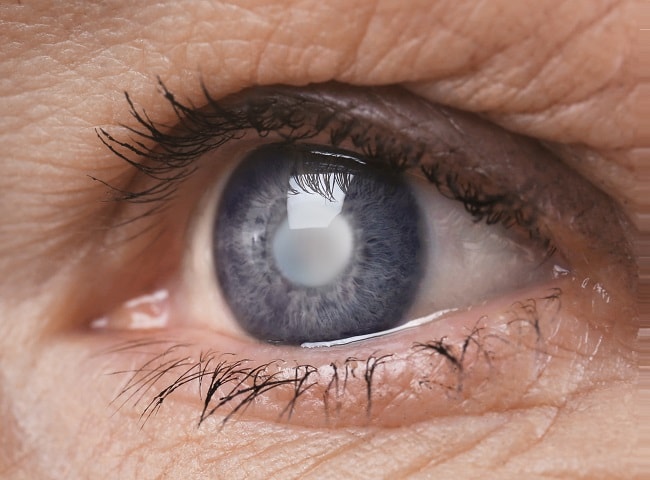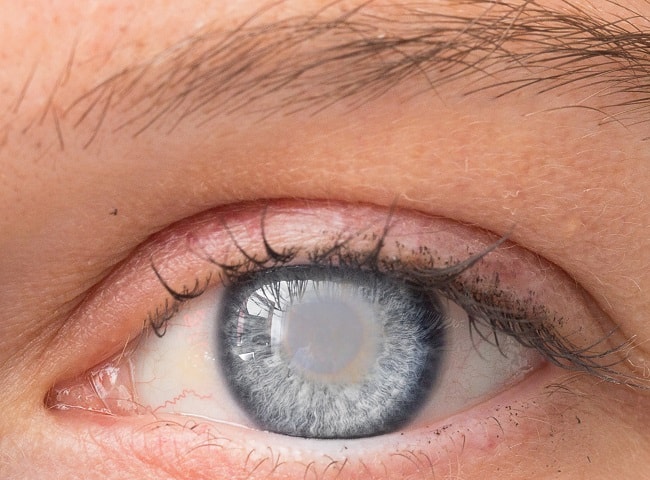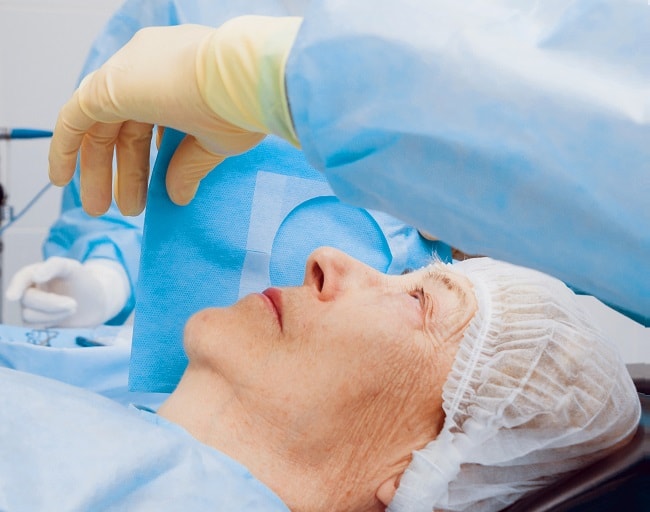Cataracts
Cataracts are one of the most common reasons people now attend hospital for. It is a common condition for anyone over the age of 60 and usually causes day and night glare initially, continuing onto blurring of your vision. The process usually takes between 5-20 years before it starts to affect your quality of life and then requires a common procedure replace the old lens with a new lens, the cataract operation.
What is a Cataract?
A Cataract is essentially an opacity or skin around the lens which is inside your eye, just behind the pupil, the coloured part of your eye. There are various types of cataract, the most common taking upto 20 years to form fully, with uncommon ones requiring a referral after 6 months for the cataract operation.
What Causes a Cataract?
In General most cataracts are caused by UV exposure over a long time (which is why they start by the time you are 60), but others can be due to birth defects, or traumatic if you have had a fall around that area. Drugs medication can also cause cataracts to form, and having Diabetes can cause cataracts to start earlier than normal.


What are the Symptoms?
The most common initial symptom is glare which can be experienced day or night. Glasses can help reduce this, and also using a photochromatic lens like Transitions help with day glare which can at worst be blinding on occasion.
As time goes on, the symptoms progress to blurring of vision so looking at subtitles on TV or reading on phone becomes difficult. When your quality of life is affected, that is you can no longer do things you enjoy, we can refer you to get the cataract operation.
What does the Cataract Operation Involve?
The procedure, if accepted by the ophthalmologist as necessary, takes no more than 15 minutes. So you would be attending hospital in the morning, and be out by tea time. It is done under local anaesthetic so you would be awake while the procedure is done, but you would feel no pain. Vision starts to recover within a week, with the best end vision taking 4 weeks from day of surgery.

Types of Lens Used
There are 2 types of lenses used for the procedure, Monofocal and Multifocal.
Monofocal is the most common lens used in the NHS and has a high success rate. By the end of the procedure, if everything has gone well, you will be reliant on only reading glasses, distance vision should be clear enough not to need glasses fulltime, but occasionally be needed for part time.
Multifocal is done occasionally, and it can help to reduce your overall dependence on distance and reading glasses, however the drawback is in low light levels, your vision will not be as clear.
At Murray Opticians, we will assess and discuss with you the pros and cons of having a cataract procedure should you develop a cataract and an understanding of what we would hope your vision will be like post procedure.



